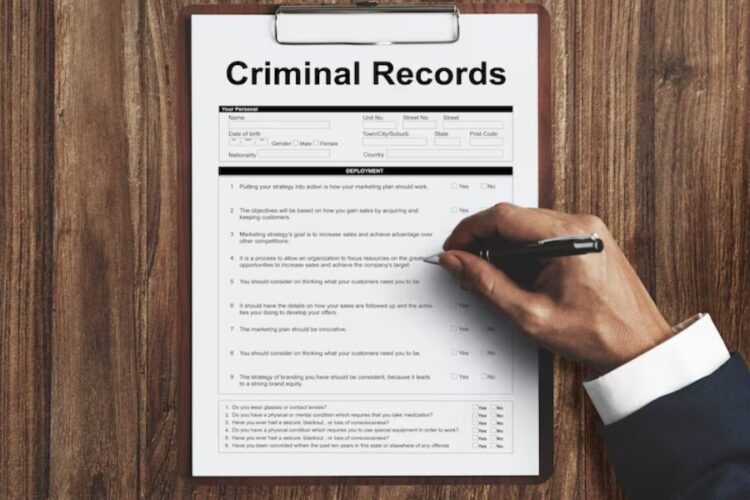Criminal record expungement is a powerful legal tool that restores a person’s ability to pursue opportunities without the burden of past convictions. In Washington State—and elsewhere across the U.S.—individuals often wonder whether they can clear their records and how to do so. Legal professionals, like those found at https://priestcriminaldefense.com/, specialize in navigating this complex process, assisting clients in understanding their rights and the methods available to regain a clean slate. Understanding expungement is more than just knowing legal steps: it’s about recognizing the role of reform and access to justice.
What Is Expungement and Who Has the Right to It?
Expungement refers to the legal process by which a criminal record is sealed, erased, or rendered inaccessible to the general public. It is not a one-size-fits-all remedy; only certain types of arrests or convictions—often nonviolent misdemeanors or first-offense felonies—are eligible. The right to expungement, where it exists, is typically granted to individuals who have demonstrated rehabilitation, paid any fines or restitution, and remained crime-free for a set period. This conditional framework aims to balance public safety with the possibility of a fresh start.
Moreover, unlike record sealing, which simply limits who can view the record, expungement often leads to legal erasure, meaning the individual can truthfully state they have no criminal record in most circumstances. Rights to expungement usually include restoring the ability to legally own firearms, access professional licenses, or apply for government benefits—rights that might have been lost following a conviction.
The Process of Expungement: A Snapshot
The journey toward expungement begins with determining eligibility, often involving careful review of past convictions to confirm whether they meet the criteria set by law. Next comes gathering documentation, such as court records, proof of completed sentences, and character references. Filing a petition with the appropriate court marks the formal start of the process, after which a judge reviews the petition and may conduct a hearing to assess whether expungement serves justice and community interests.
If approved, the court issues an order to expunge or seal the record. The individual must then ensure that all relevant agencies—courts, law enforcement, and background-checking entities—receive the expungement order and update their records accordingly. While this may sound straightforward, administrative delays and inconsistent enforcement across agencies can create obstacles. Patience, precision, and legal assistance are often key to bringing the process to a successful conclusion.
Reform Efforts and Their Impact on Expungement Access
Reform movements across the country are increasingly focused on broadening eligibility for expungement and automating the process. In some jurisdictions, legislation has been enacted to allow certain convictions—especially low-level or old offenses—to be expunged automatically after a defined period of good conduct. This reduces bureaucratic hurdles and encourages reintegration.
However, reform is uneven. Some states maintain piecemeal or restrictive systems that require separate petitions for each conviction, while others have adopted sweeping “clean slate” laws that include misdemeanors and some felonies. These disparities often reflect differences in political will, budgetary constraints, and attitudes toward rehabilitation versus punishment. Even where reforms exist, a lack of public awareness can hinder their intended effects, leaving eligible individuals unfamiliar with their newfound rights.
Conclusion
Criminal record expungement plays a pivotal role in extending redemption and opportunity to individuals impacted by their past mistakes—while also enhancing overall community well-being. By understanding eligibility rights, navigating the procedural steps, and advocating for reform, one can appreciate expungement not merely as a legal technicality, but as a vital mechanism for equity and second chances. As more jurisdictions embrace modernization and expand access, society inches closer to a system that balances accountability with forgiveness, enabling significant renewal.










